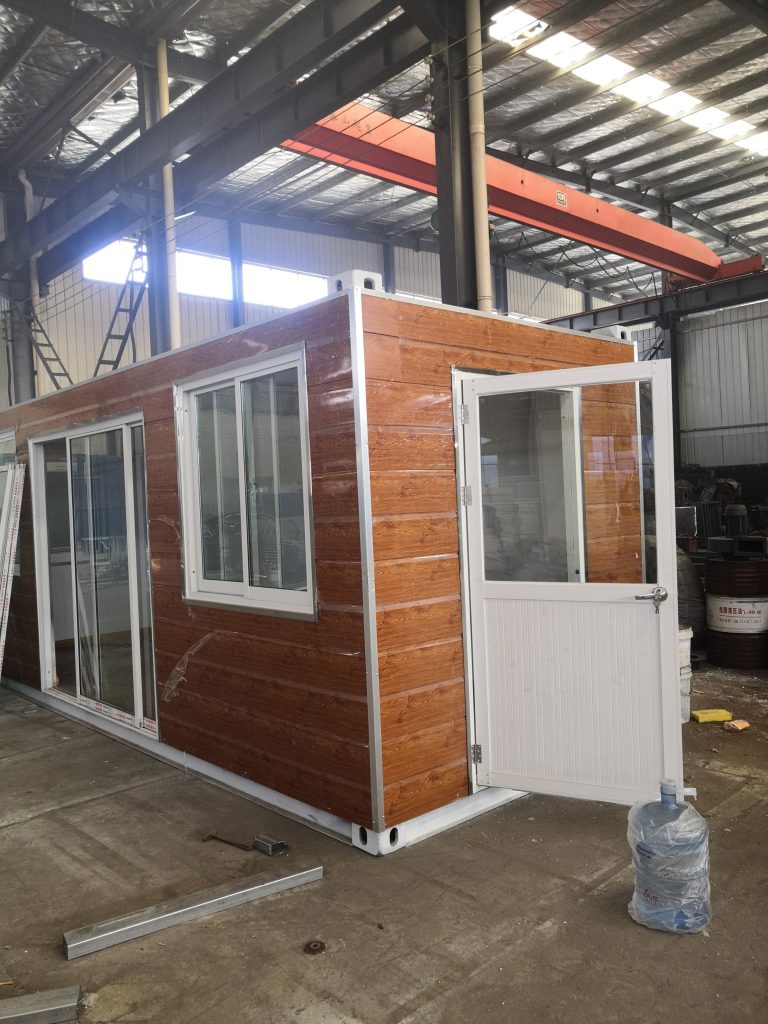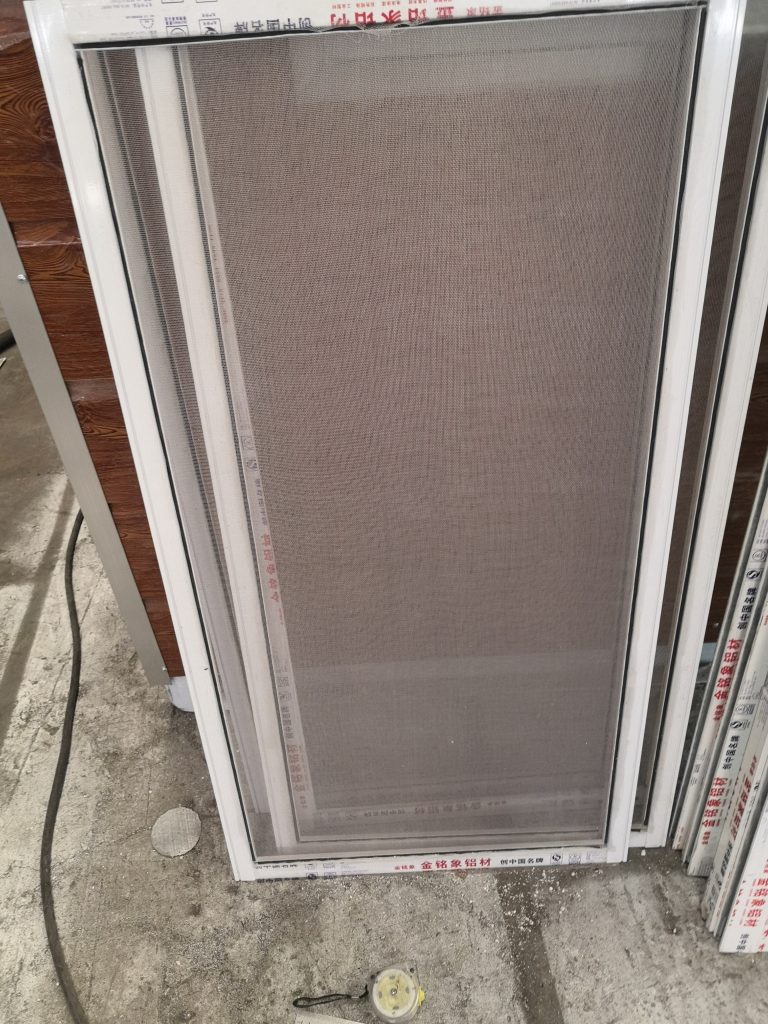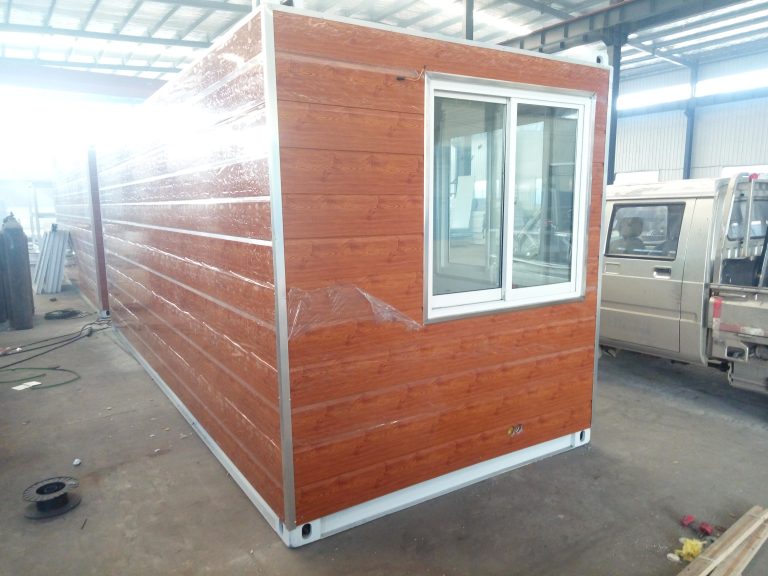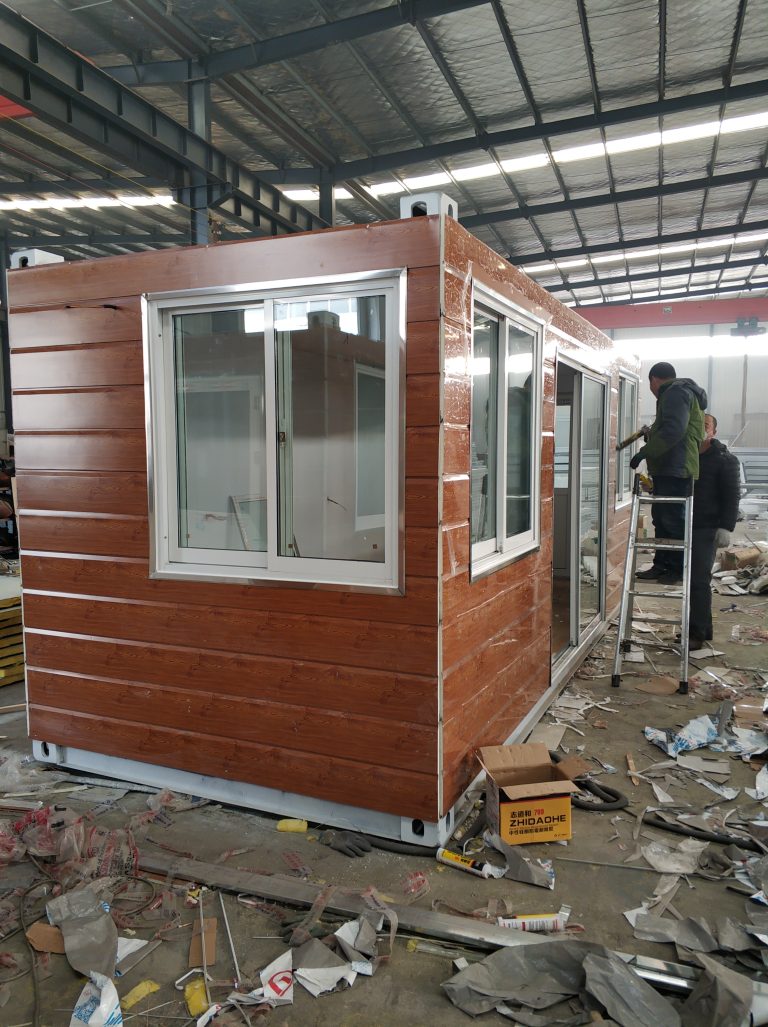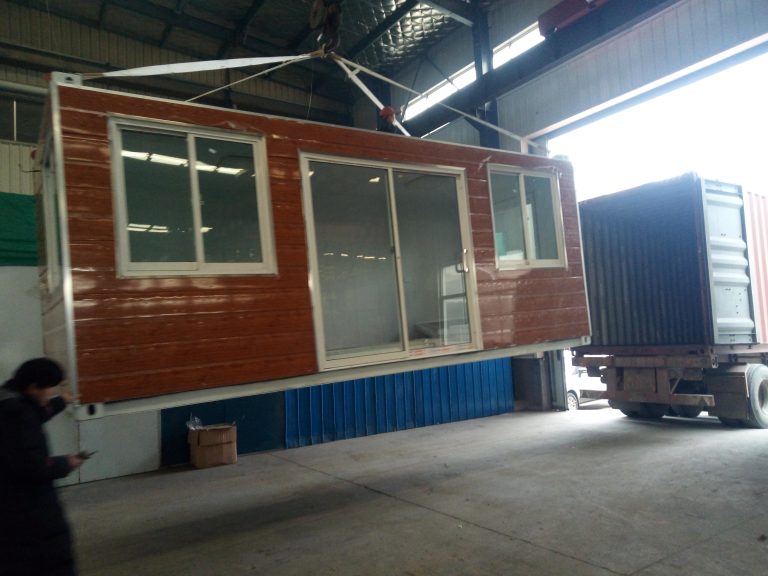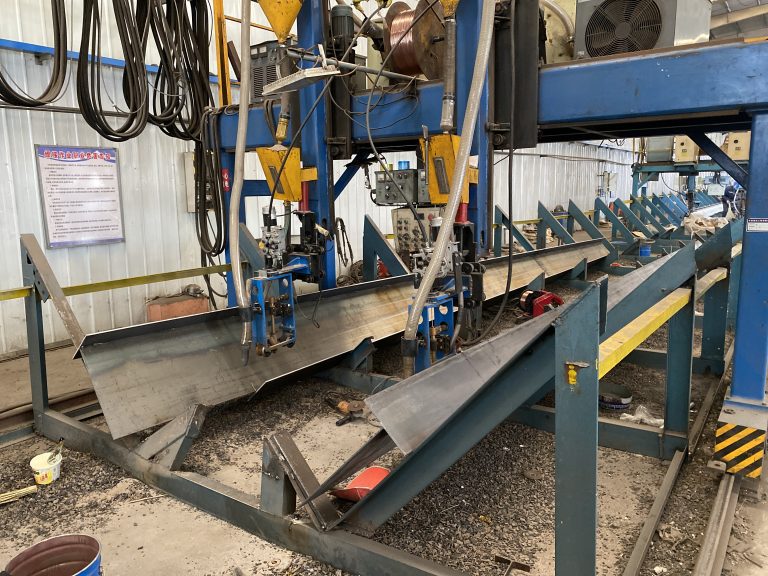Comparative analysis of stainless steel and other metal materials in construction industry.
Benefits of Stainless Steel in Construction Industry
Stainless steel is a versatile and durable material that has become increasingly popular in the construction industry. Its unique properties make it an excellent choice for a wide range of applications, from structural components to decorative finishes. In this article, we will compare stainless steel with other metal materials commonly used in construction, highlighting the benefits that stainless steel offers.
One of the key advantages of stainless steel is its corrosion resistance. Unlike other metals such as carbon steel or aluminum, stainless steel does not rust or corrode when exposed to moisture or harsh environmental conditions. This makes it ideal for outdoor applications where durability is essential. Stainless steel is also resistant to staining and pitting, ensuring that it maintains its appearance over time.
In addition to its corrosion resistance, stainless steel is also highly durable and long-lasting. It has a high strength-to-weight ratio, making it an excellent choice for structural components that need to support heavy loads. Stainless steel is also resistant to fire and heat, making it a safe and reliable material for use in buildings and infrastructure.
Another benefit of stainless steel is its aesthetic appeal. Its sleek and modern appearance makes it a popular choice for architectural features and decorative finishes. Stainless steel can be easily shaped and molded into various designs, allowing for creative and unique applications in construction projects. Its reflective surface adds a touch of elegance and sophistication to any building or structure.
Stainless steel is also easy to maintain and clean, requiring minimal upkeep compared to other metal materials. Its smooth surface resists dirt and grime, making it easy to wipe down and keep looking like new. This low maintenance requirement makes stainless steel a cost-effective choice for construction projects in the long run.
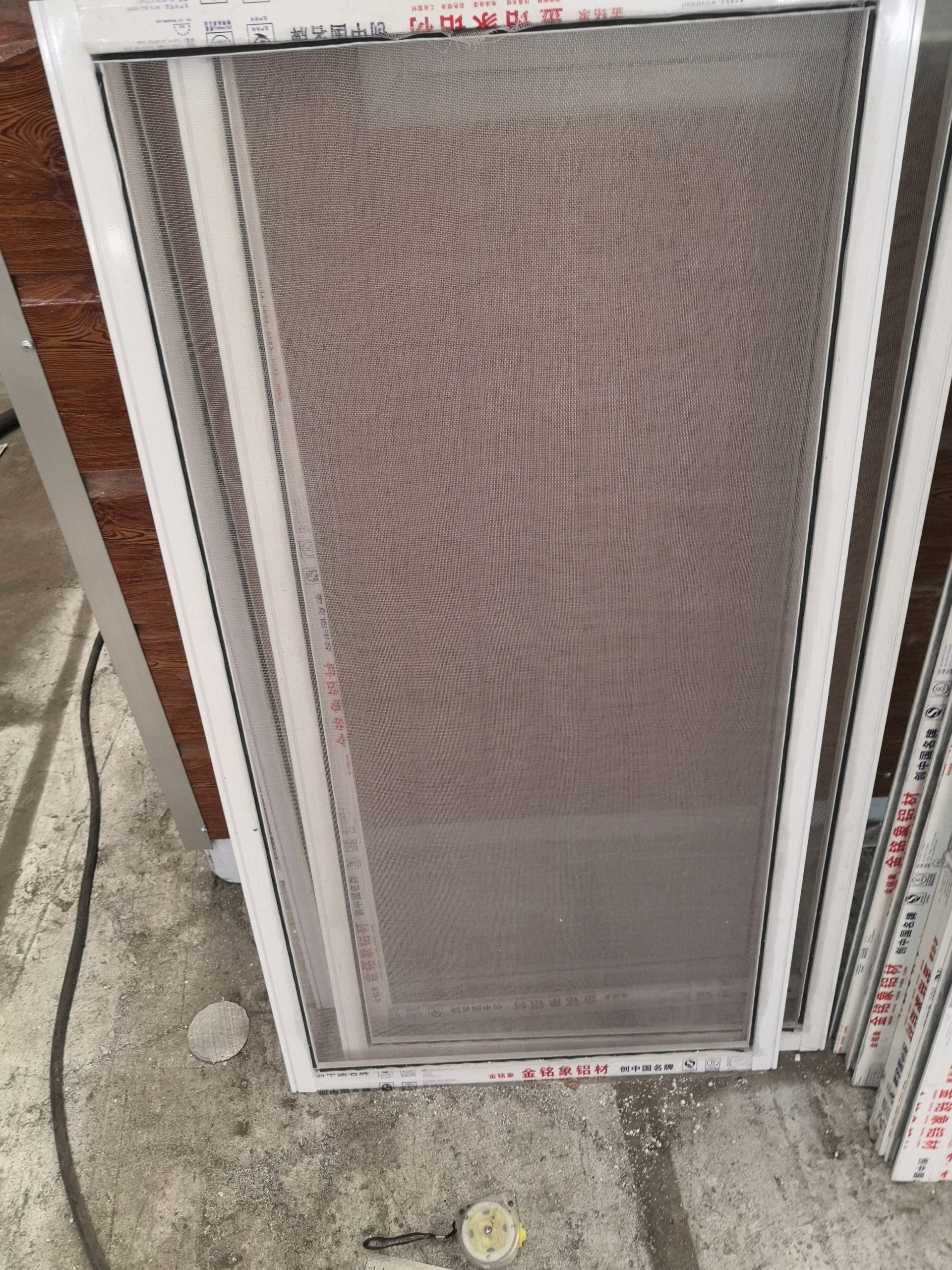
When compared to other metal materials such as carbon steel, aluminum, and copper, stainless steel offers superior performance in terms of durability, corrosion resistance, and aesthetics. While carbon steel is strong and cost-effective, it is prone to rust and corrosion, making it less suitable for outdoor applications. Aluminum is lightweight and easy to work with, but it lacks the strength and durability of stainless steel. Copper is a good conductor of heat and electricity, but it is expensive and can tarnish over time.
In conclusion, stainless steel is a superior choice for construction projects due to its corrosion resistance, durability, aesthetic appeal, and low maintenance requirements. Its versatility and reliability make it an excellent investment for builders and developers looking to create high-quality and long-lasting structures. By choosing stainless steel over other metal materials, construction professionals can ensure that their projects stand the test of time and maintain their beauty and functionality for years to come.

